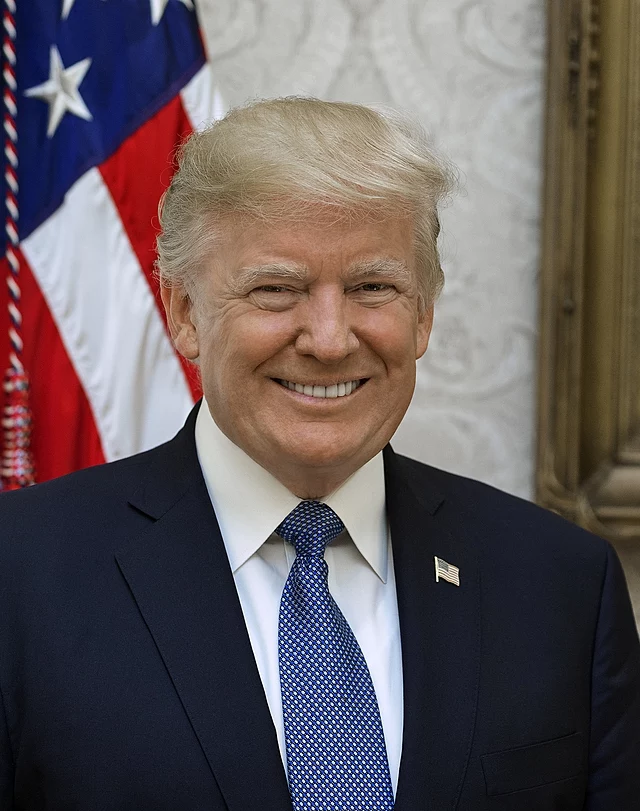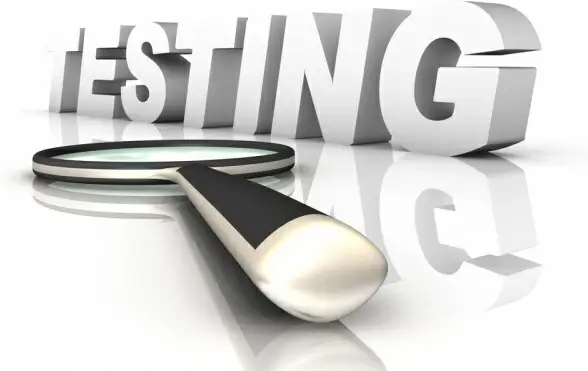California Switches to Electric Cars
October 22, 2022
On August 25, California announced a ban on the sale of gasoline cars by the year 2035. Later on the 26th, the state of Washington followed, with about twelve additional states expected to announce similar mandates. Some of these states include: Washington, Massachusetts, New York, Oregon, and Vermont. These twelve states are now wanting to adapt to California’s switch to electric vehicles. Other states such as Minnesota have considered these new mandates. While most Minnesotans want to combat climate change, there is considerable opposition to the approach Governor Tim Walz is taking on both the energy policy and electric cars. Several voices have criticized the governor’s plan to change the state’s transportation sector, including tying the state’s policy on electric cars to California’s standards. Under the rule, which would go into effect in 2024, Minnesota vehicle dealerships would be required to maintain a certain percentage of their stock as electric vehicles, limiting customer choice and essentially dictating the vehicle marketplace through the government regulation.
The Minnesota Auto Dealers Association says its reading of state and federal law is that the new California rules kick in automatically in the Minnesota, and it’s making that case in court as it tries to block them: “The technology is such that the vehicles just don’t perform that well in cold weather,” Scott Lambert, the trade’s group president stated in a press conference: “We don’t all live in southern California.” Minnesota Pollution Control Agency officials are saying that the state would have to launch an entirely new rulemaking process in order to adapt to California’s changes. The Minnesota Pollution Control Agency (MPCA) has been working to adopt the standards of preserving consumer access to the cleaner, more efficient vehicles that Minnesotans have enjoyed for years. With cleaner air, more car options, and less money spent on gas, every Minnesotan benefits from these standards. For the MPCA are now working to build their emission vehicle infrastructure (EV), and find access to this cleaner technology, Minnesota needs a statewide charging network to fuel EV’s- and this is not just in the Twin Cities metro area. That’s why they are using funds from Minnesota’s share of the national Volkswagen (VW) settlement to build charging infrastructure across the state. Minnesota will receive a total of $47 million from the national VW settlement by 2028. MPCA is using funds from the VW settlement to clean up air pollution in Minnesota today and invest in a cleaner transportation system for their future.
Oregon regulators are now taking comments from the public through September 7th on whether to adopt the new California standards. Colorado regulators- who adopted California’s previous rules, won’t follow California’s new ones, Democrat governor Jared Polis’ administration said. “While the governor shares the goals of rapidly moving towards electric vehicles, he is skeptical about requiring 100% of cars sold to be electric by a certain date as technology is rapidly changing,” the Colorado Energy Office said in a statement. Colorado regulators have voted overwhelmingly for the state to join California and the other states in adopting the zero emission vehicle (ZEV) mandates that will press automakers to develop more electric vehicle models. And now Colorado joins Connecticut, Maine, Maryland, Massachusetts, New Jersey, New York, Oregon, Rhode Island, and Vermont towards the journey of the zero emission vehicle mandate.
Regulators in Pennsylvania, -(which only partially adopted California’s previous standards,) said that they won’t automatically follow its new rules. Under Democratic Governor Tom Wolf, Pennsylvania started the regulatory process last year to conform with California’s rules, but abandoned it.












